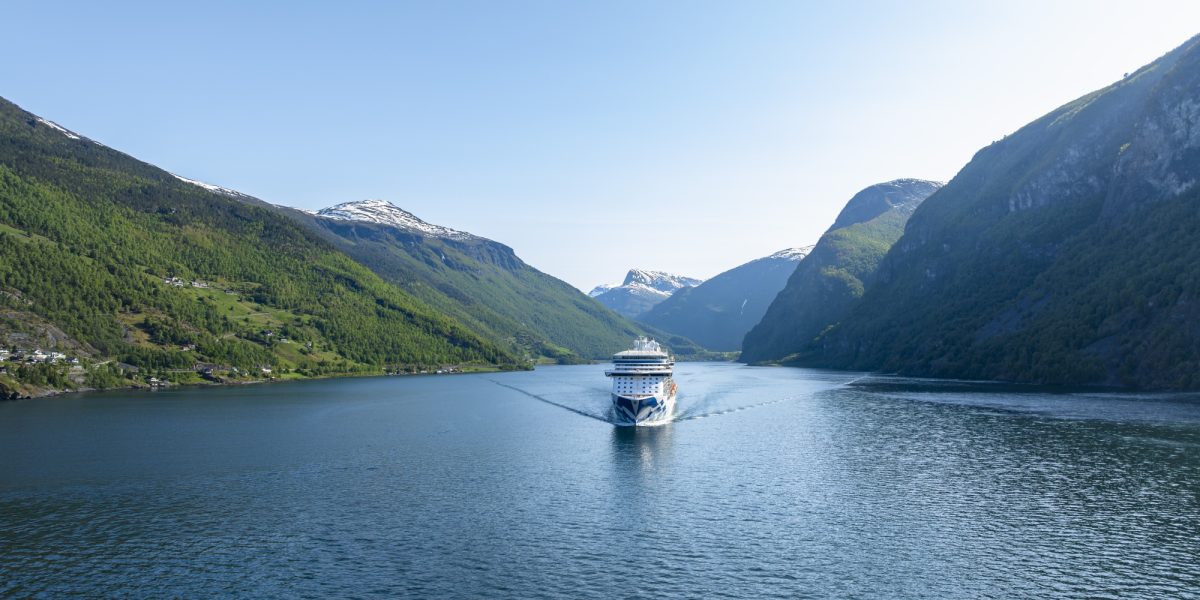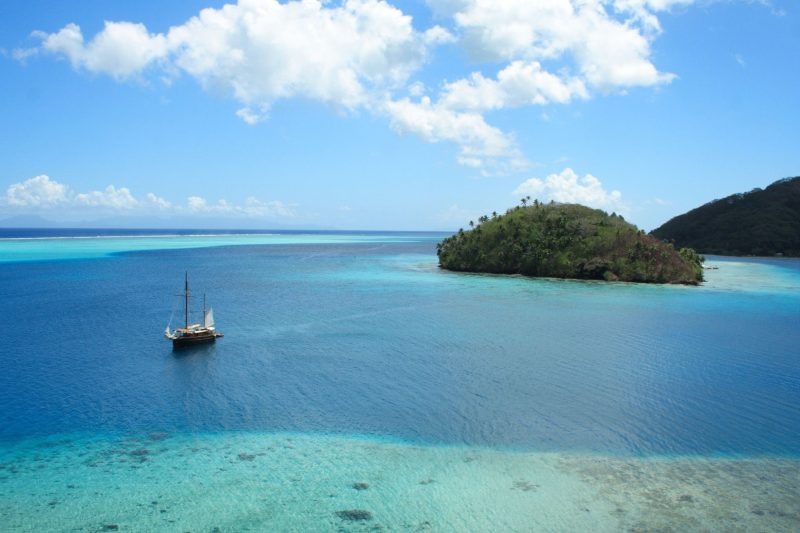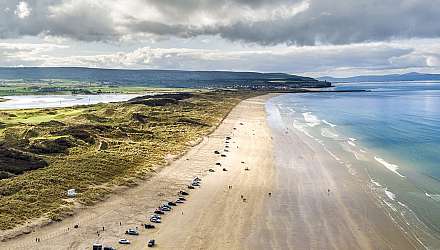
© Princess
Why a cruise could be good for your health
Experts say that spending time on or around water has both physical and mental health benefits
Picture the scene: you’re sitting on the beach, gazing out at the vast blue sea as it meets the horizon. You’re listening to the soothing sound of the waves lapping the shore. Then you get up and slowly step into the water, letting it wash over your feet...
If just reading those few sentences made your stress levels drop, you’re not alone in finding ‘blue spaces’ calming. Blue spaces are generally defined as a body of water or an area near a body of water, and whether it’s being out on the ocean, hiking along the coast, wandering down a picturesque canal path or going for a bracing dip in a lake, there’s something about water that draws us in and comforts us.
A growing amount of research has shown that being in, on or near water can benefit our mental and physical health. In 2013, the University of Sussex asked 20,000 people to record how they were feeling at random times as part of a project on happiness in natural environments. The results showed that respondents were happiest when in blue spaces. And experts from Glasgow Caledonian University have looked into the benefits of living near water (specifically a canal) and found that it can reduce the risk of mental health conditions, cardiovascular disease, diabetes and obesity.

Find superlative sea views in Bora Bora, French Polynesia © Princess
But what is it about water that we find so appealing? Dr Catherine Kelly, a wellbeing practitioner, geographer, wild-swimming enthusiast and author of Blue Spaces: How and Why Water Can Make You Feel Better, says a big factor is how water impacts our senses.
‘Water utilises all of our senses,’ she says. ‘On any given day, water can look different. Its colour might be different, its motion might be different, and our eyes are drawn to that. If we’re by the sea, the smell of saltwater is something that our brain recognises and connects with a happy place.’
The sensation of water on our skin is crucial, too – some love the feeling of submerging themselves in the warm Mediterranean Sea, while others get a revitalising buzz from cold-water swimming here in the UK.
But there’s much more going on in our bodies than simply our senses being stimulated. Obviously, regular swimming can improve physical fitness, but Catherine says you don’t have to be a ‘proper swimmer’ to reap the benefits.
‘Lots of people are interested in just dipping and bobbing in the sea, and that’s really good for us. Cold water has anti-inflammatory properties and stimulates the vagus nerve, so it’s good for our physical wellbeing, particularly our joints,’ explains Catherine.
Looking at water slows our mental chatter down. It meditates us.
Dr Catherine Kelly, author of Blue Spaces: How and Why Water Can Make You Feel Better
And if you often feel a sense of peace whenever you’re near water, you’re not imagining it. Dr Wallace J Nichols, a marine biologist and author of Blue Mind, says that water can prompt certain physiological responses. ‘People’s heart rate and breathing rate slow, which are signs of calmness,’ says Wallace. He explains that when people are near water, they tend to experience an increase in positive emotions and a drop in negative ones. ‘Stress hormones like cortisol decrease, and things that make you feel good, like dopamine, oxytocin and serotonin, go up.’
This shift is what Wallace refers to as our ‘blue mind’. He explains: ‘People tend to move away from “red mind”, where you’re focused on processing information and making decisions, and they move into blue mind, which is more open to creativity, collaboration and wonder.’
There are all kinds of ways to tap into your blue mind, says Wallace. ‘An extreme example would be floating in a tropical ocean at night when it’s warm and calm. At the other end of the spectrum, you could look at a painting of the ocean – it takes you to a blue mind place in a less extreme way.’

Feel the benefits of blue space doing activities like swimming, kayaking and sailing © Princess
There’s no one-size-fits-all approach to experiencing the benefits of blue space – things like swimming, sailing, paddleboarding, kayaking, walking near water, and even just looking at water, can have great benefits.
Catherine says that a cruise is a perfect opportunity to connect with the water that surrounds you, too. ‘Give yourself a chance to appreciate the views; slow down and look at the horizon. Allow yourself to engage with what the water is doing and notice how your emotions respond to the changes in the water,’ she says.
One of the best and most powerful things about water is that we feel the effects of being near it straight away.
‘[Water] forces us into the present moment – it’s instant mindfulness,’ says Catherine. ‘When we look at water, it kind of meditates us. It slows our mental chatter down. We don’t have to try at it. You could try hard to do that sitting in a meditation room and be distracted by your thoughts. But when you’re beside blue space, it just seems effortless.’
Ready for a cruise holiday?
Discover more holiday inspiration
-

Five unmissable beaches in Mexico
Prepare to be dazzled at some of South America’s finest stretches of shore
-

The Mediterranean Bucket List: Ten things not to miss in Southern Europe
Eat perfect pizza, stroll through a lavender field and be bowled over by a modernist masterpiece – these are the activities y...
-

Seven of the UK’s most beautiful beaches
Our shores might not be the balmiest, but the UK has an abundance of captivating coastal spots